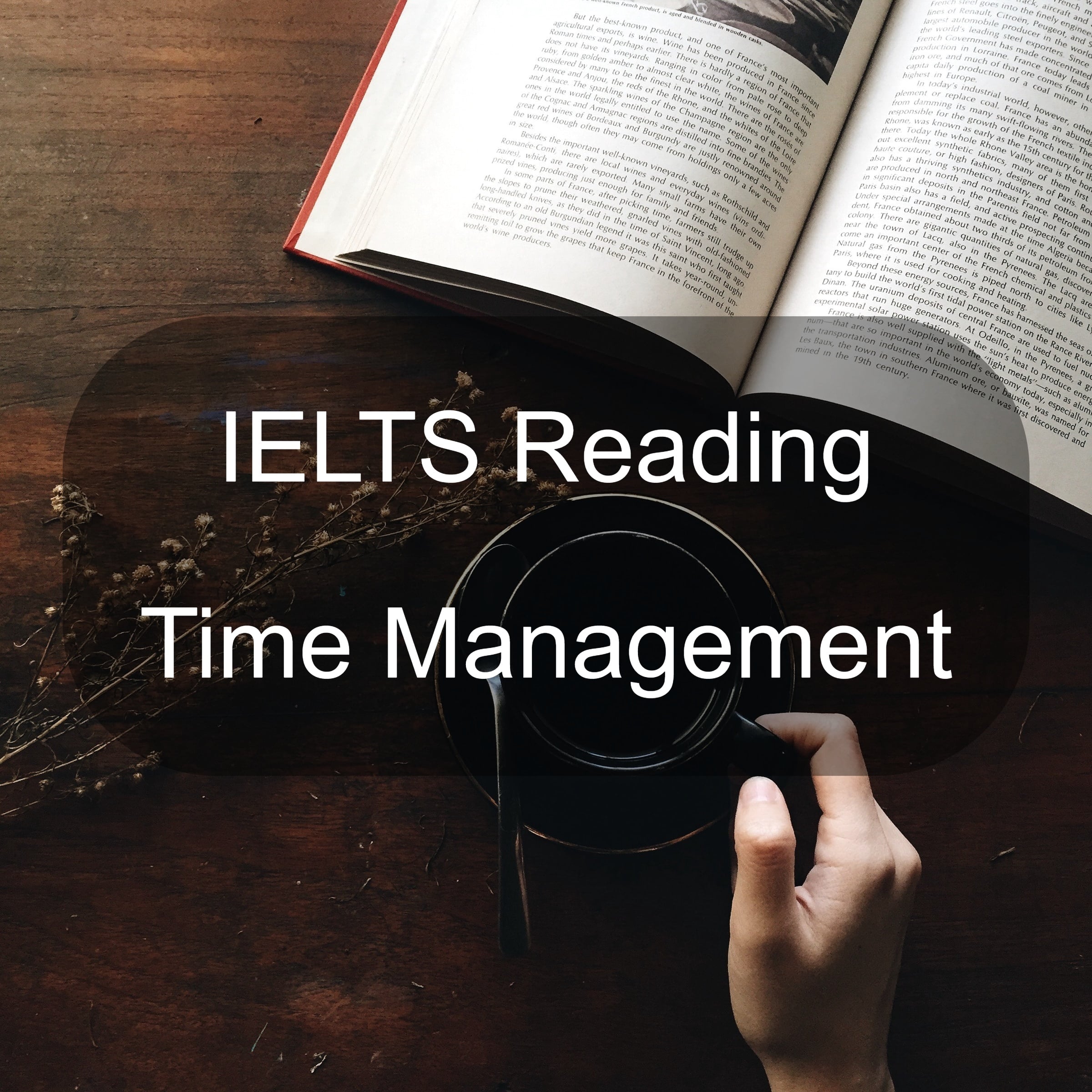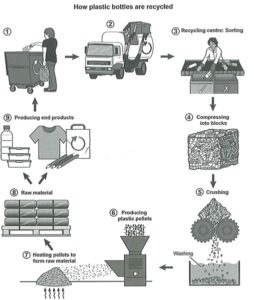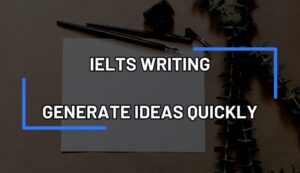The IELTS reading test includes 40 questions that need to be answered within 60 minutes. You will also need to transfer your answers to the answer sheet before the time is up. Therefore, it is vital that you learn how to manage your time efficiently so that you maximize your score. In this article we discuss the proven way that will help you achieve this goal.
Get familiarized with the test inside out
The very first step you need to take toward a higher reading band score is to learn everything there is to know about the test. In our complete guide to the IELTS reading test, we have explained all the question types and the ways you should answer each.
Use the keyword technique
Keywords are the ones that can help you locate the answers faster. They are the most important words in a question or a sentence. Here are some items that you need to consider as keywords:
- Proper nouns like people’s names, names of geographical locations,…
- Numbers like years, age of people or places,…
- Time phrases like 5, o’clock, in the evening, X era,…
- Extreme or restrictive words like only, just,…
- Adverbs of time like always, usually,…
- amount: all, nearly all, a few,…
Note: You should also pay attention to the distinctive words that become important based on the topic of the reading. For example, if the passage’s topic is about animals, the type of species becomes important too.
Keep improving your vocabulary before your test day
This is not a tip you can use on your test day, but if you have enough time before the day, allocate lots of time to improving your vocabulary. Even your passive vocabulary comes in handy while taking the reading test. The reason why we emphasize on this is that the IELTS reading passages include a lot of vocabulary items that are keys to finding the answers. Moreover, by knowing a lot of vocabulary, your reading speed will also increase.
There are several ways by which you can find and learn new vocabulary. However, if you have only a few days or weeks before the exam day, it is a good idea to read well-known vocabulary books that are specifically written for IELTS. For example, Cambridge Vocabulary books for IELTS come in two levels (intermediate and advance), and they can help you learn lots of vocabulary items in a short span of time.
Get into the habit of reading different types of passages and topics
Believe it or not, you don’t have to read only IELTS-related materials to prepare for the test. If you are planning on taking the GT test, read online news items, advertisements, and articles that interest you. This way, you’ll learn a lot of topic-specific vocabulary and increase your reading speed as well. And if you want to prepare for the academic test, journals, magazines, and websites like Scientific American will help you get familiarized with academic texts.
By becoming familiar with different text types, you will have more time focusing on the questions rather than individual words or sentences in the passages.
Follow the following steps in answering the questions
- Scan the passage in just two minutes and look at the illustrations if there are any to get the big picture. In this step, you just want to get a general idea of what the passage is about. You don’t need to understand everything.
- Read the first group of questions fast and underline/highlight keywords that help you locate the answer on the passage.
- Start reading the passage from the beginning and look for the synonyms or paraphrases of the keywords. Usually, not always, the order of questions is the same as the flow of the passage.
- When you have located the synonym or the paraphrase of your keyword, slow down and read the text around the synonym to find the answer.
- Do not spend more than 20 minutes on a single passage. Remember that you only have 60 minutes to read three passages, answer the questions and write them down on your answer sheet.







